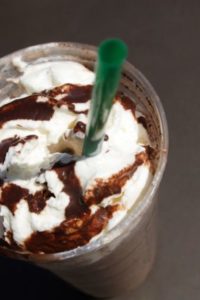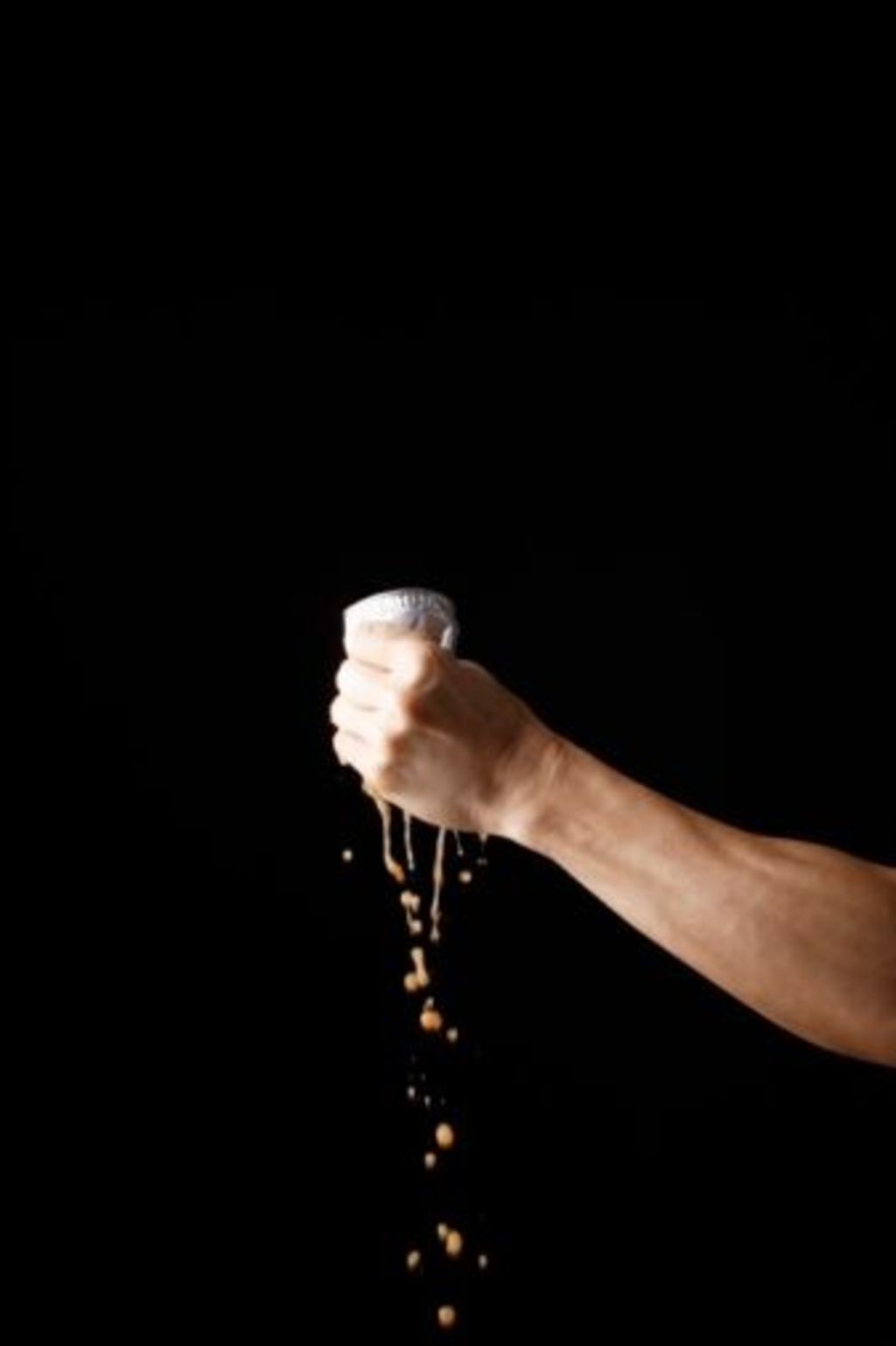Does this sound like your typical morning? Wake up, get ready for work, get in line for the commute, stop for coffee at the drive-thru, and order your favorite pick-me-up-wait, no-give-me-any-amount-of-strength-I-am-begging-you-to-power-me-up for my day. Every day? Let me guess- does your selection come with whipped cream on top? Chocolate drizzle? Lots of sugar? Or do you stop for gas and grab a bottle of cola to kick-start your engine? How about a well-intentioned fruit smoothie with an added shot of immunity booster and wheatgrass?
While any of these options on occasion aren’t the worst in the world (okay, except the coffee drink- I’ll get into that later), our daily drink habits play an enormous role in our health and our ability to function in our busy lives.
 Sounds a bit extreme, doesn’t it? How does this sound: there are an estimated 100 million daily coffee drinkers in the U.S.. Only about 35% of those prefer their coffee black. Amount of money spent annually on specialty coffee drinks? $18 billion. According to the CDC, approximately half of all Americans drink sugar drinks (soda) on any given day. We spend roughly $60 billion per year on the stuff.
Sounds a bit extreme, doesn’t it? How does this sound: there are an estimated 100 million daily coffee drinkers in the U.S.. Only about 35% of those prefer their coffee black. Amount of money spent annually on specialty coffee drinks? $18 billion. According to the CDC, approximately half of all Americans drink sugar drinks (soda) on any given day. We spend roughly $60 billion per year on the stuff.
So I have to ask: why, as Americans who claim to be so concerned with our growing obesity epidemic, are we so voraciously spending our money on empty calories? Answer: because we are addicted to it.
Take a look at the grim reality of your daily treats:
Starbucks
– Tall caffe latte, 150 calories, 6 grams of fat, 14 grams carbohydrates
– Tall caffe mocha, 200 calories, 6 grams of fat, 32 grams carbohydrates
– Tall caramel frappuccino with whipped cream, 290 calories, 10 grams of fat, 47 grams carbohydrates
– Tall white chocolate mocha, 310 calories, 9 grams of fat, 46 grams carbohydrates
Soft Drinks
– Can of Coca-Cola, 90 calories, 25 grams of sugar
– Can of Mountain Dew, 106 calories, 28.8 grams of sugar
– Small bottle (20 fl. oz.) Orange Gatorade, 130 calories, 34 grams of sugar
– Medium-sized Coke (McDonald’s, 21 fl. oz.), 210 calories, 58 grams of sugar
Smoothies/Juices
– Jamba Juice Orange Carrot Karma smoothie (original size), 270 calories, 66 grams carbohydrates, 57 grams of sugar
– Jamba Juice Classic Banana Berry smoothie (original size), 400 calories, 94 grams carbohydrates, 82 grams of sugar
– Jamba Juice Peanut Butter Moo’d smoothie (original size), 770 calories, 126 grams carbohydrates, 109 grams of sugar
– Naked Green Machine (love!) juice (per serving- about two servings per bottle), 140 calories, 33 grams carbohydrates, 28 grams of sugar
No person with any rational thought or sense of self-preservation would justify these numbers. As I stated before, if these treats meet your lips on rare occasion, there isn’t much to fret. However, given the hard facts about how much we as a nation are consuming, it’s clearly gotten a little out of hand. Some of these drinks offer more calories than what should constitute a whole meal. Sugar is as addictive as any drug, as is caffeine. In fact, sugar has been shown to activate the same opioid receptors in the brain as heroin. Caffeine offers a temporary high, and the more we consume, the more we need to achieve the same level of stimulation. Caffeine withdrawal is nasty business, too: headaches, depression, irritability, fatigue, muscle aches, and more. Legal drugs, but still drugs.
Try this: resolve to slowly decrease your intake of liquid calories until you reach a healthy balance of only about 10% of your daily caloric needs. This 10% window would include your coffee (black coffee, if you must, only contains a measly calorie count of between 5 and 10 calories per serving), any alcoholic beverages (remember, your body converts alcohol to sugar), milk, juice, and tea. The vast majority of your hydration should come from –guess?– water. Perfect, clean, delicious, calorie-free water.
Bad habits are hard to break, but well worth it in the end. You will not only drop those last few pounds, but your mind will become sharper, your mood more balanced, your skin more youthful-looking and healthy, and your body happier for it. Let me know how it goes for you.
PS. Don’t expect a miracle; most food habits take at least three weeks to battle the addiction.
 Jodilyn Stuart is the owner of ModaBody Fitness and has been a fitness professional since 1997. She currently contributes to 303 Magazine as a Fitness and Health writer. If you have questions, feel free to email at: Jodilyn@303Magazine.com
Jodilyn Stuart is the owner of ModaBody Fitness and has been a fitness professional since 1997. She currently contributes to 303 Magazine as a Fitness and Health writer. If you have questions, feel free to email at: Jodilyn@303Magazine.com

